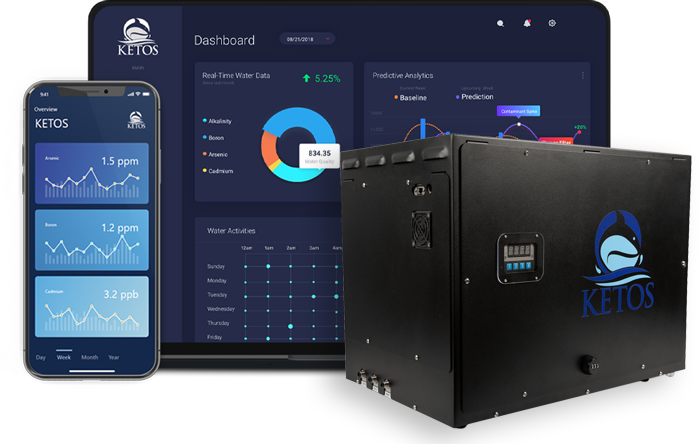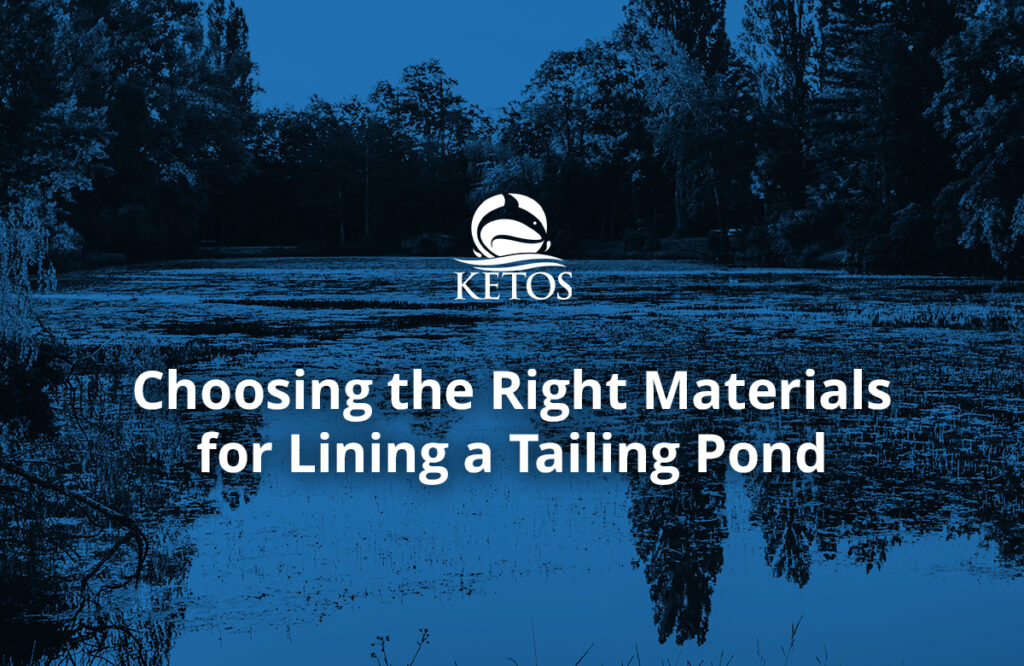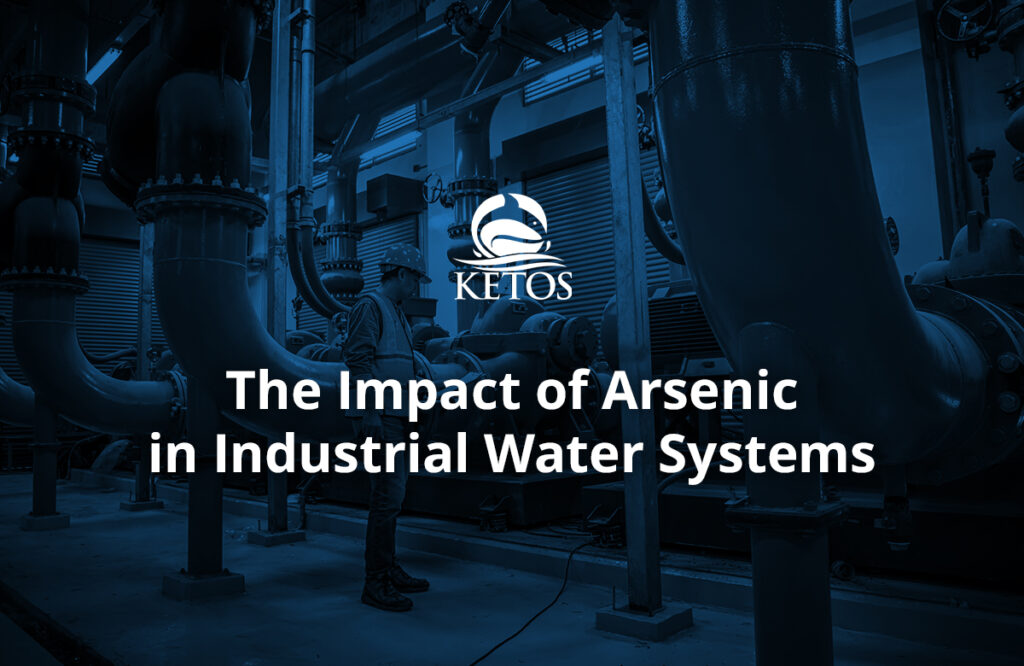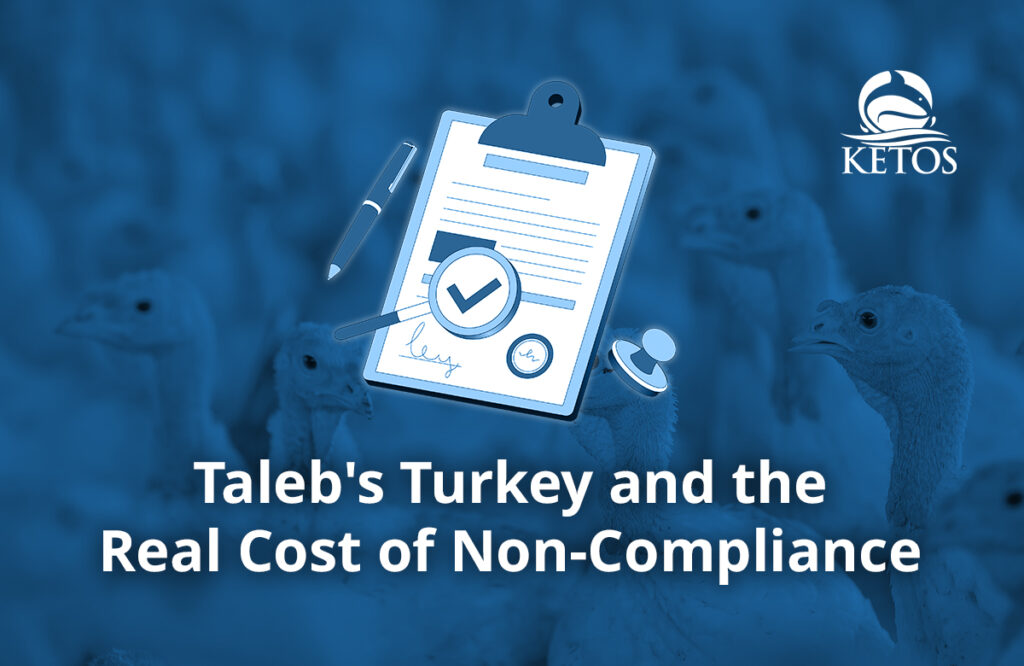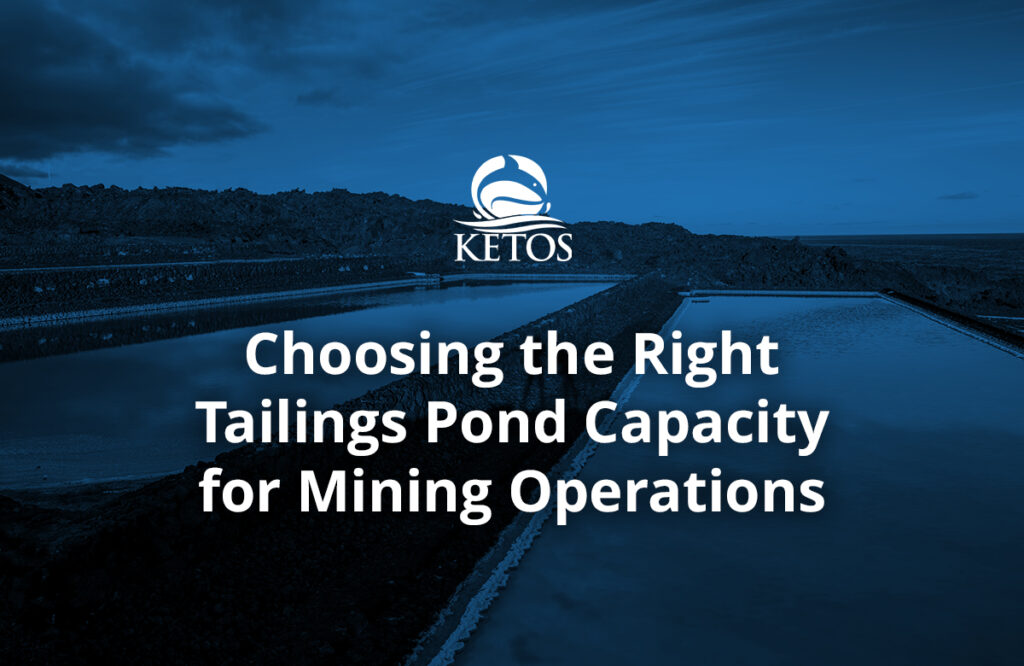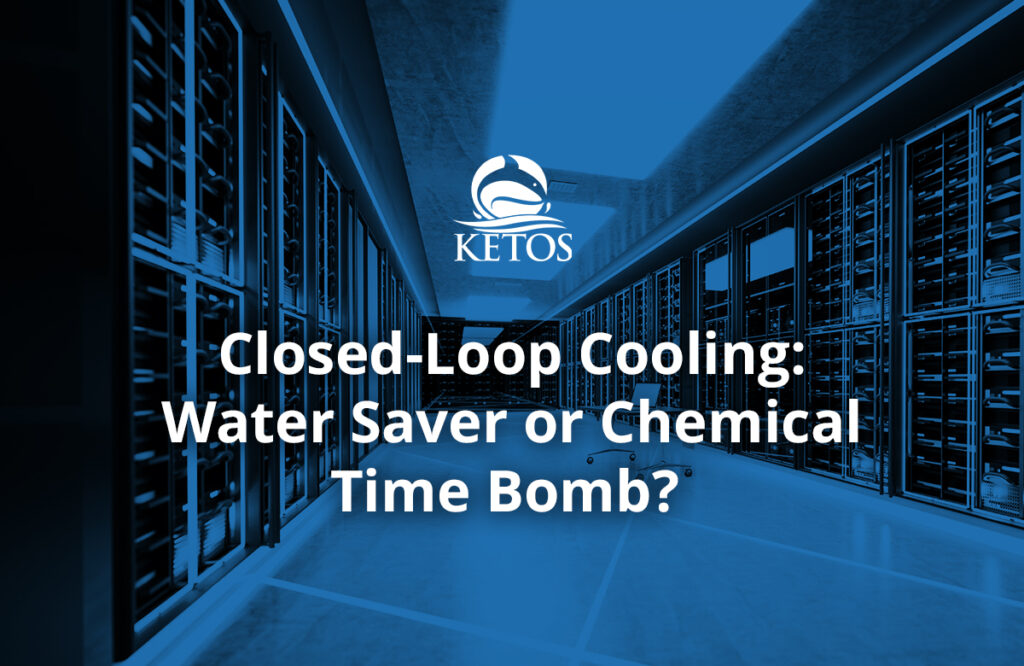Water sustainability is a critical global issue that demands attention and action. As freshwater resources become increasingly scarce, organizations worldwide are stepping up to address these challenges. This article highlights several key players significantly contributing to water conservation, management, and accessibility.
What is Water Sustainability?
Water sustainability refers to the responsible management and use of water resources to meet current needs without compromising the ability of future generations to meet their own needs. It encompasses several key aspects:
- Conservation: Efficient use of water resources to reduce waste and overuse.
- Quality management: Protecting water sources from pollution and contamination.
- Equitable access: Ensuring all populations have access to clean, safe water.
- Ecosystem preservation: Maintaining healthy aquatic ecosystems and watersheds.
- Climate resilience: Adapting water management strategies to address climate change impacts.
- Technological innovation: Developing and implementing new technologies for improved water management.
Water sustainability is crucial for environmental health, economic stability, and social well-being. It requires a holistic approach involving governments, organizations, communities, and individuals working together to address global water challenges.
Pacific Institute
The Pacific Institute stands at the forefront of water conservation research. This organization produces valuable information resources and conducts in-depth studies on various aspects of water sustainability. Their work encompasses:
- Sustainability practices;
- Water conflict resolution;
- Agricultural water use; and
- Energy-related water consumption.
One of the Pacific Institute’s most notable contributions is the biennial publication The World’s Water. This comprehensive report provides detailed data and analysis of global freshwater resources. By offering this wealth of information, the Pacific Institute equips policymakers, researchers, and the public with the knowledge needed to make informed decisions about water management.
World Water Council
The World Water Council takes a different approach to water sustainability by focusing on political engagement. This international organization works tirelessly to raise awareness among political leaders and promote concrete action on water conservation issues.
A cornerstone of the World Water Council’s efforts is the World Water Forum. This event, held every three years, brings together participants from the global water community. The forum serves as a platform for:
- Exchanging ideas;
- Developing partnerships; and
- Formulating strategies to address water challenges.
By facilitating these high-level discussions and collaborations, the World Water Council plays a crucial role in shaping water policy and driving sustainable water management practices worldwide.
Project WET
Recognizing the importance of early education in addressing global water issues, Project WET (Water Education Today) focuses on informing young people about water concepts. This organization develops and distributes instructional materials to help educators teach students about:
- Water resource management;
- Water conservation techniques; and
- The importance of protecting water resources.
Project WET’s approach is particularly valuable because it helps create a generation of informed citizens who understand the complexities of water sustainability. By instilling this knowledge at a young age, Project WET contributes to long-term solutions for water conservation and management.
Clean Water Action
For four decades, Clean Water Action has been at the forefront of legislative efforts to protect water resources in the United States. This organization has played a pivotal role in promoting and defending key pieces of legislation, including The Clean Water Act and The Safe Drinking Water Act.
Clean Water Action continues to work diligently to close legal loopholes that could lead to the pollution of freshwater resources. Their efforts extend to state-level initiatives as well. For example, in California, they are advocating for legislation that would allow the public to anonymously request well log data, promoting transparency and informed decision-making in the management of area wells.
Water Aid
Water Aid, an international non-profit organization with moe than three decades of experience, focuses on providing access to clean water in the world’s poorest communities. Their impressive track record includes:
- Helping over 20 million people gain access to clean water.
- Implementing water projects in 26 countries worldwide.
- Working to change government policies to prioritize clean water access.
Water Aid’s approach combines direct action with policy advocacy, ensuring that their efforts have both immediate and long-lasting impacts on water accessibility and quality in underprivileged areas.
Water.org
Co-founded by actor Matt Damon, Water.org takes an innovative approach to addressing the global water crisis. Their strategies include:
- WaterCredit: A microfinance program that allows borrowers to improve their access to clean water
- Community partnerships for constructing and maintaining clean water projects
The WaterCredit program is particularly noteworthy. It provides small loans to individuals and communities to fund water and sanitation improvements. Once repaid, these funds can be reinvested in other communities, creating a sustainable cycle of water access improvement.
Columbia Water Center
Based at Columbia University, the Columbia Water Center develops evidence-based innovations to address global water issues. Their work spans multiple continents and includes:
- Implementing large-scale rainwater harvesting systems in Africa;
- Developing groundwater recharging systems in Africa; and
- Creating water quantity and quality management strategies for China’s Yangtze River basin.
The center also researches critical issues such as America’s water security and the complex interactions between water, food, and energy systems. By bridging academic research with practical applications, the Columbia Water Center contributes significantly to advancing water sustainability solutions.
Charity: Water
Charity: Water takes a unique approach to tackling the problem of clean water access. This organization focuses on:
- Raising money for clean water projects;
- Identifying and funding organizations that provide long-lasting water services; and
- Ensuring 100% of public donations go directly to water projects.
What sets Charity: Water apart is its commitment to transparency. The organization provides GPS coordinates for all completed projects, allowing donors to view the impact of their contributions using Google Maps. This level of accountability helps build trust and encourages continued support for clean water initiatives.
Private Sector Innovation in Water Sustainability
While non-profit organizations play a vital role in water sustainability, companies like KETOS are also making important contributions. We’re using advanced technology to address water management challenges in innovative ways.
KETOS: Transforming Water Management
At KETOS, we’ve developed a smart system that combines advanced hardware and software to improve how we manage water. Here’s what our technology offers:
- Continuous Monitoring: Our sensors track water quality and usage around the clock.
- Intelligent Analysis: We use artificial intelligence to analyze data and identify potential issues early.
- Comprehensive Testing: Our system can check for over 30 different water quality factors, including harmful substances.
- User-Friendly Platform: Water managers can easily access important information from anywhere, at any time.
- Preventive Maintenance: We help predict when equipment might fail, allowing for timely repairs and avoiding costly breakdowns.
By providing accurate, timely information, we help water managers make informed decisions about water use and safety. Our technology is valuable for various sectors, including agriculture, industry, and municipal water systems.
At KETOS, we’re committed to showing how businesses can effectively support water conservation efforts. By turning complex water data into practical insights, we’re working to ensure sustainable water resources for current and future generations.
The Collective Impact of Water Sustainability Organizations
Each of these organizations approaches water sustainability from a different angle, creating a comprehensive network of efforts to address global water challenges. From research and education to direct action and policy advocacy, these organizations are making significant strides in ensuring sustainable water management and access worldwide.
Innovative companies like KETOS are even leveraging advanced technologies like artificial intelligence and IoT (Internet of Things) to provide real-time water quality monitoring and predictive analytics, further enhancing our ability to manage water resources efficiently and safely.
As water scarcity continues to be a pressing global issue, the work of these organizations combined with advanced technological solutions becomes increasingly important. By raising awareness, implementing innovative approaches, driving policy changes, and utilizing cutting-edge technology for water quality management, these organizations are collectively paving the way for a more sustainable water future for everyone.
